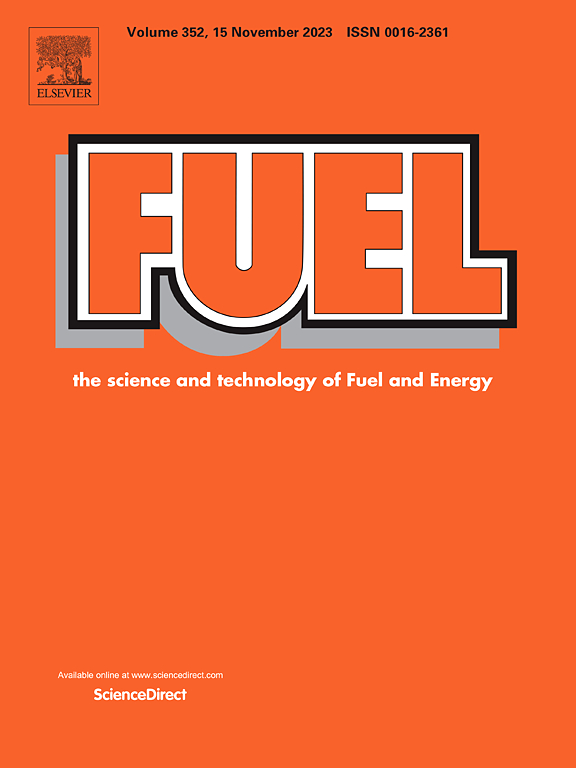NO催化分解成N2的研究进展与对策
IF 7.5
1区 工程技术
Q2 ENERGY & FUELS
引用次数: 0
摘要
NO直接分解不需要还原剂,不产生二次污染物,被认为是一种理想的脱硝技术。该技术的成功依赖于能够大幅降低活化能势垒的高效催化剂的开发。本文首先介绍了NO分解的反应机理和基本步骤,为了解NO的催化性能建立了一个基本框架。基于这些机理,总结了影响催化剂活性的关键因素,特别强调了氧空位的产生、碱度调节、氧化还原能力和活性组分的分散。系统分析了贵金属、过渡金属、稀土氧化物和钙钛矿材料等催化剂的最新进展,重点介绍了它们的性能和增强策略。最后,对主要挑战进行了批判性评价,并提出了未来的研究方向。综上所述,本文旨在为设计和开发高效的NO直接分解催化剂提供理论指导和见解,从而促进可持续DeNOx技术的发展。本文章由计算机程序翻译,如有差异,请以英文原文为准。
Advances and strategies in the catalytic decomposition of NO to N2
Direct NO decomposition is regarded as an ideal DeNOx technology, as it requires no reducing agents and produces no secondary pollutants. The success of this technology relies on the development of highly efficient catalysts capable of substantially lowering the activation energy barrier. This review first examined the reaction mechanism and elementary steps of NO decomposition, establishing a fundamental framework for understanding the catalytic performance. Based on these mechanistic insights, it then summarized the key factors influencing the catalyst activity, with particular emphasis on oxygen vacancy generation, basicity regulation, redox capability, and active component dispersion. Recent advances in various catalysts, including noble metals, transition metals, rare earth oxides, and perovskite materials, were systematically analyzed, highlighting their performance and enhancement strategies. Furthermore, the major challenges were critically evaluated, and future research directions were also proposed. Overall, this review aimed to provide theoretical guidance and insights for designing and developing efficient catalysts for direct NO decomposition, thereby promoting progress towards sustainable DeNOx technologies.
求助全文
通过发布文献求助,成功后即可免费获取论文全文。
去求助
来源期刊

Fuel
工程技术-工程:化工
CiteScore
12.80
自引率
20.30%
发文量
3506
审稿时长
64 days
期刊介绍:
The exploration of energy sources remains a critical matter of study. For the past nine decades, fuel has consistently held the forefront in primary research efforts within the field of energy science. This area of investigation encompasses a wide range of subjects, with a particular emphasis on emerging concerns like environmental factors and pollution.
 求助内容:
求助内容: 应助结果提醒方式:
应助结果提醒方式:


